The social media industry is going through a lot of transformation, especially after the takeover of Twitter by Elon Musk. The takeover has led to many changes in Twitter’s user experience, such as blue tick verification of accounts, setting the reading limit of tweets, etc. These changes have received mixed reactions from the users.
It has urged various entrepreneurs to launch alternatives to Twitter to fill in the gap in the market. Here is the list of Twitter’s contenders in the market:
Threads
Instagram, owned by the tech giant Meta, on July 5, unveiled its new app called ‘Threads’ a new app designed to compete with Twitter directly. Threads will be linked to users’ Instagram profiles, making it simple to connect with followers, prominent personalities, or brands.
The length of the text posts will be limited to 500 characters. In comparison, Twitter has a character restriction of 280, which increases to 10,000 for Twitter Blue subscribers.
Instagram claims that accounts will be private by default, with a main feed made up of accounts you follow and suggested content from authors you may not have discovered yet. Threads can be shared on Instagram stories or via a link.
The app will be available in over 100 countries. The app is designed for iOS and Android, and new features like an improved recommendation engine and search functionality will be added over time.
Bluesky
This app was created by Jack Dorsey, co-founder of Twitter. This app is quite popular in Silicon Valley but is still in the Beta phase. In February, it was released for iOS, though it was invite-only available to users who have received an invite code, either from the company itself or from an existing user. After that, in April, it was released for Android.
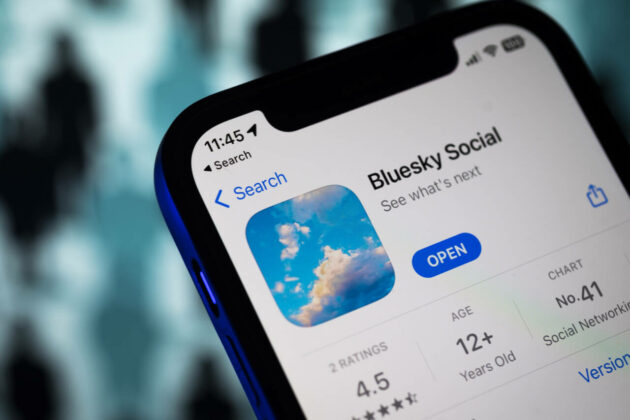
By May, there were around 50,000 users on the platform. Under the MIT license, Bluesky was made open source allowing the public to view and modify its source code.
The idea of Bluesky was germinated as a side project in 2019 to make a more decentralized version of Twitter, in which the users will be in more control of personal data and content moderation.
Mastodon
This app was created by German developer Eugen Rochko in 2016, but it gained sudden prominence after the Twitter takeover by Elon Musk. The application also functions as a decentralized social network, which is ad-free, where maintaining privacy is of the utmost importance.
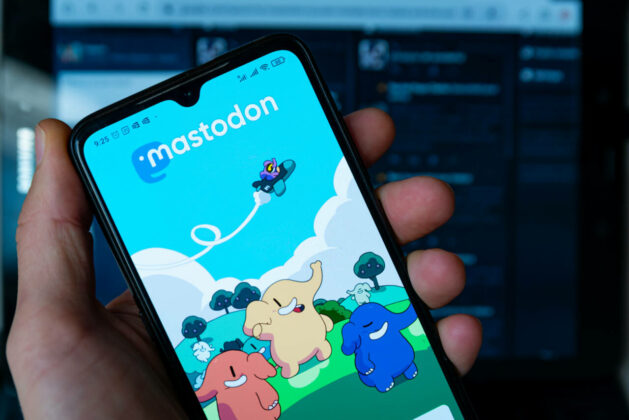
As there are no advertisements, the application is not owned by a single company. Mastodon’s platform links together multiple servers, which can also be considered their own social networks in many ways. Each group governs its own server, giving users the freedom to choose servers that suit their interests where they can share information and interact. If the user wants, the platform also allows them to change their server also.
This application can be operated on the following operating systems: iOS, Android, Linux, BSD, Sailfish OS, macOS, and Microsoft Windows, and it is available in 93 languages.
Substack Notes
Substack lets independent writers and podcasters publish directly to their audience and get paid through subscriptions. This has caused Musk to ban the application links shared on Twitter briefly.
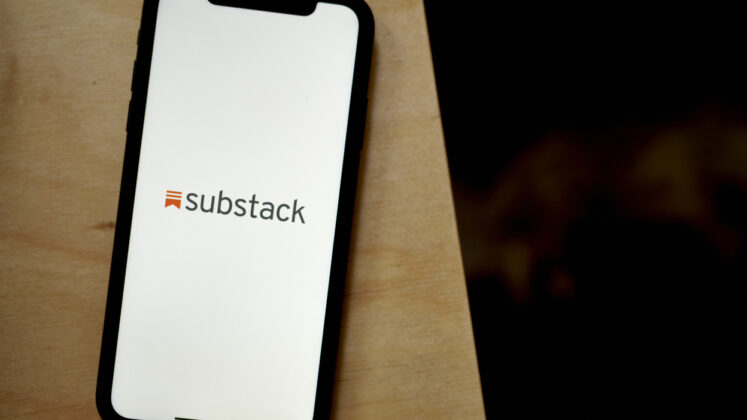
This app allows users to post short pieces of content such as links, images and quotes and helps guide users to paid content. But the app faces content moderation issues as the revenue model is based on taking a cut from writer pages and not page views and advertising.
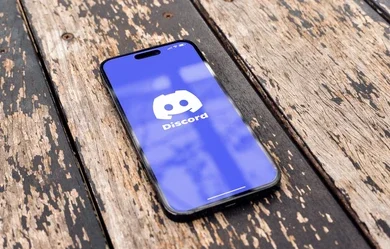
Discord
For gamers and live-streaming communities, there is Discord, which is quite popular and has over 350 million registered users and over 150 million monthly active users. Discord runs on Windows, macOS, Android, iOS, iPadOS, Linux, and web browsers.



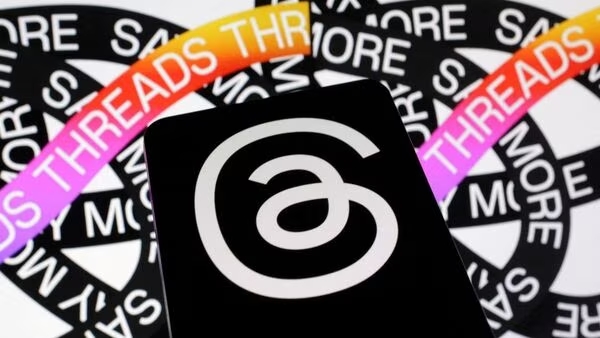
















Comments